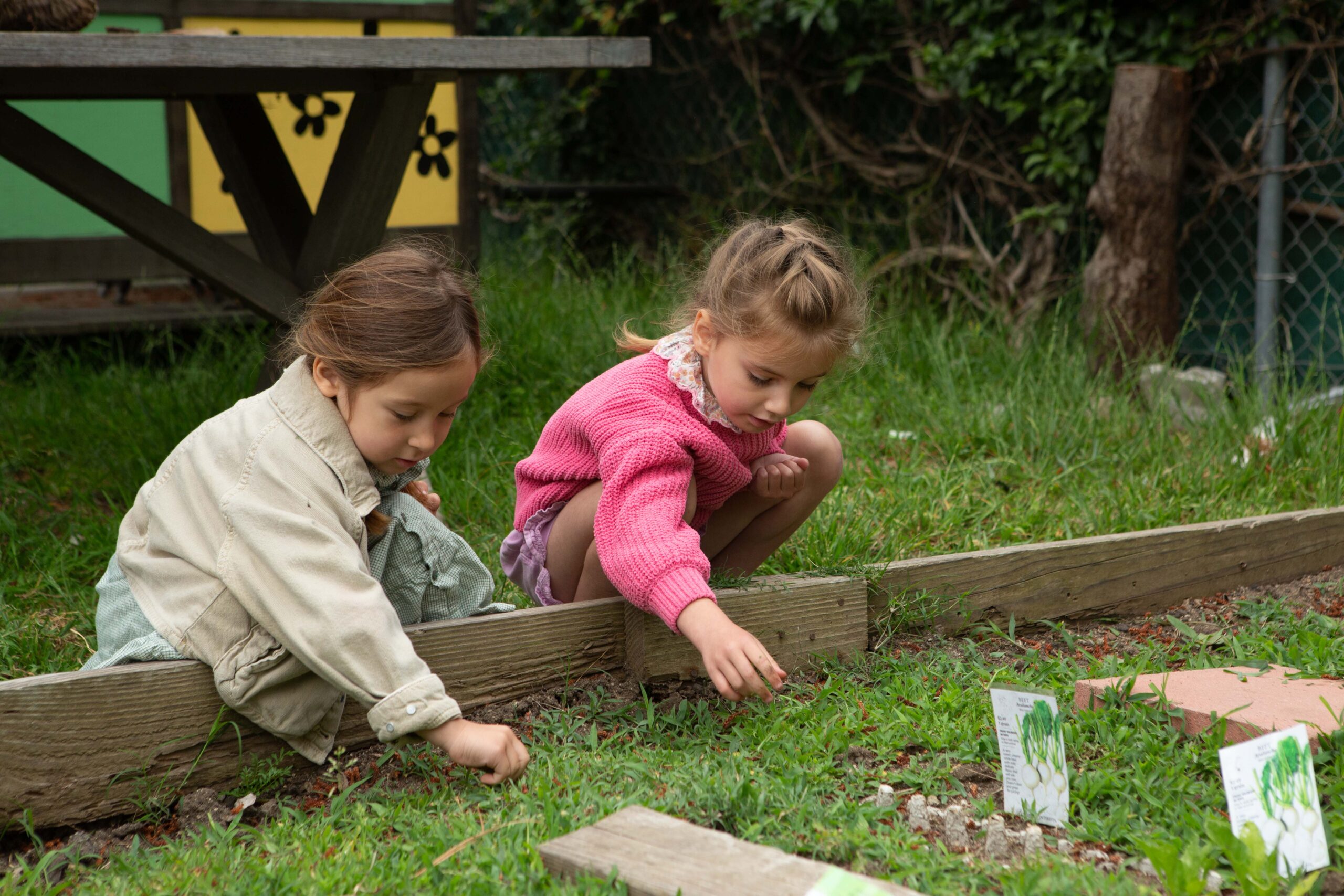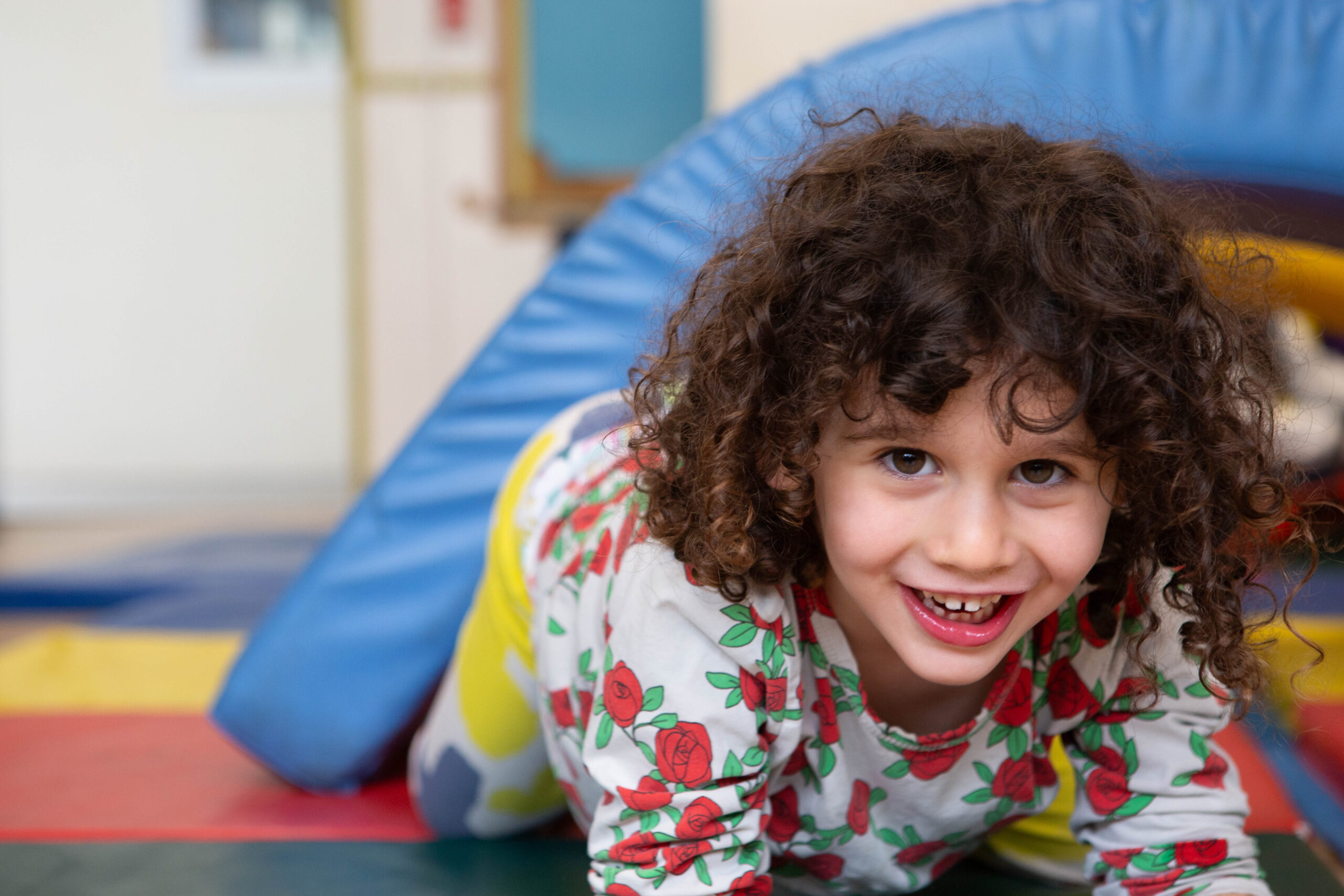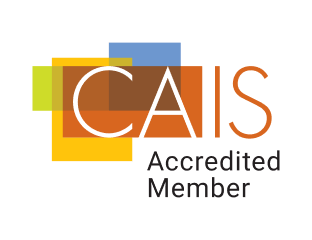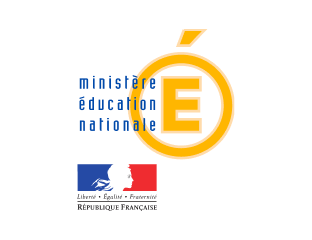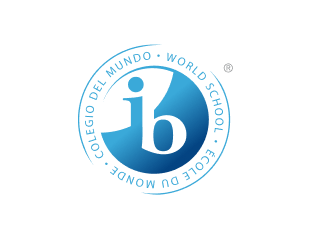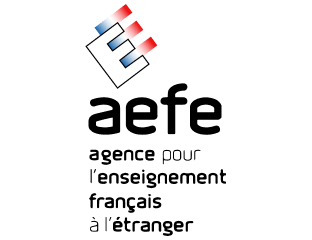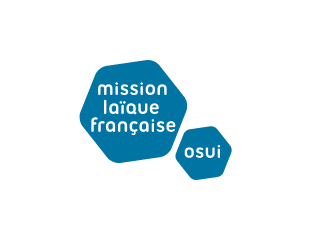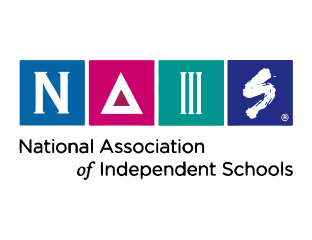Preschool Curriculum
Student-driven exploration and discovery
Our early French curriculum emphasizes exploration and discovery. Students engage in ateliers, rotating workshops designed for active exploration of new skills and concepts. These collaborative learning environments foster peer interaction and shared discovery. Adapting the French Ministry of Education’s official program to our unique bicultural and bilingual context, our preschool curriculum cultivates:
Communication Skills: Developing oral expression, listening comprehension, and appropriate social behaviors.
Physical and Artistic Development: Nurturing body and mind through physical education and artistic activities, including dance, singing, and drawing.
Curiosity and Engagement: Sparking interest and natural curiosity through hands-on projects and collaborative group work.
In the early years, we cultivate strong oral comprehension and expression in both French and English. By the end of kindergarten, students develop English reading skills and learn to sound out and write each letter in French. Recognizing the fundamental role of oral expression in social participation, we foster French language development through storytelling and vocabulary enrichment. Even our youngest students begin preparing for cursive writing, practicing expressive gestures with paint, starting with vertical and horizontal lines, and progressing to loops. This playful approach lays the critical foundation for cursive, which is formally introduced in kindergarten.
Children develop a rich vocabulary through a thematic approach to literature. Each unit explores a specific theme through multiple texts, encouraging active engagement. Students deepen their understanding and expand their expressive language by retelling familiar narratives, applying newly acquired vocabulary within meaningful contexts.
Students learn mathematics not as an abstract subject, but as a powerful tool for understanding the world around them. They manipulate objects, count, group, and separate, building a concrete understanding of fundamental mathematical concepts.
For example, concepts like division might involve sharing toys among friends or dividing snacks equally, thus connecting mathematical operations to real-world problem-solving. They explore spatial reasoning through building with blocks, learn about measurement by cooking together, or discovering patterns in their environment.
Our early years program cultivates a connection with the living world through hands-on activities like gardening and cooking. These experiences, combined with explorations of plants, animals, and the human body, introduce foundational science concepts. Students learn about the essential needs of living things by nurturing classroom plants and observing growth cycles. The school itself becomes a living laboratory, fostering spatial awareness and an understanding of time as students experience daily routines and witness the changing seasons.
Through physical activity, students develop a strong sense of their place in the world. Activities like running, jumping, and navigating obstacle courses enhance their motor skills and spatial awareness. Movement and dance provide outlets for self-expression, fostering body awareness. Cooperative games cultivate social understanding and collaboration.
Music enriches our curriculum, with students exploring rhythm, instruments, and singing, while also developing their listening skills through music appreciation. Fine motor skills are honed through a variety of artistic mediums, including painting, collage, drawing, fiber arts, and sculpting. To cultivate an early appreciation for art, students study artists and their diverse styles, and engage with art firsthand through field trips to local museums like LACMA and the Norton Simon.
